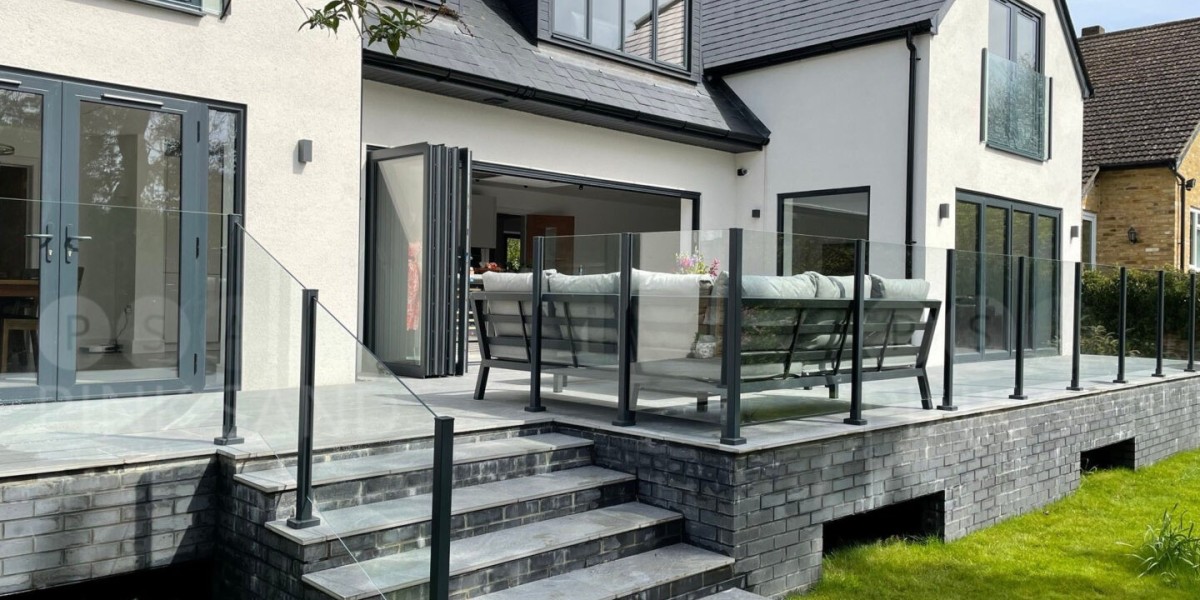Aluminium windows have become increasingly popular in both residential and commercial construction due to their unique combination of durability, aesthetic appeal, and energy efficiency. This article aims to provide a comprehensive analysis of aluminium windows, discussing their benefits, applications, and sustainability, while also considering the technological advancements that have enhanced their performance.

Introduction
The modern construction industry is evolving rapidly, with a significant shift towards materials that offer better performance and sustainability. Among these materials, aluminium has emerged as a favored choice for window frames. Its lightweight nature, strength, and resistance to corrosion make it an ideal candidate for various architectural designs. This article explores the reasons behind the growing popularity of aluminium windows and how they contribute to energy efficiency and sustainability.

Benefits of Aluminium Windows
- Durability and Strength
- Low Maintenance
- Energy Efficiency
- Aesthetic Versatility
- Environmentally Friendly
Applications of Aluminium Windows
Aluminium windows are versatile and can be used in various applications, including residential, commercial, and industrial buildings.
- Residential Buildings
- Commercial Buildings
- Industrial Applications
Technological Advancements
Recent technological advancements have further enhanced the performance of aluminium windows. Innovations in thermal break technology, for instance, have led to the development of more efficient insulation systems. Additionally, advancements in manufacturing processes have allowed for more precise fabrication, ensuring that windows fit perfectly and perform optimally.
Smart technology integration has also begun to play a role in the development of aluminium windows. Features such as automated opening systems, integrated sensors for temperature and light, and smart glazing options are becoming increasingly common, allowing homeowners and businesses to optimize their energy use and comfort.
Sustainability Considerations
As the construction industry moves towards more sustainable practices, the role of aluminium windows in this transition is significant. The recyclability of aluminium is a crucial factor in its sustainability profile. When a window reaches the end of its life cycle, it can be recycled and repurposed without losing its quality. This circular economy approach not only reduces waste but also conserves natural resources.
Moreover, the energy efficiency of aluminium windows contributes to reducing greenhouse gas emissions. By improving insulation and reducing the need for heating and cooling, these windows help lower the overall energy consumption of buildings. This is particularly important in urban areas, where energy demand is high, and environmental concerns are pressing.
Conclusion
Aluminium windows represent a blend of aesthetics, durability, and energy efficiency that makes them an attractive choice for modern construction. Their low maintenance requirements and environmental benefits further enhance their appeal. As technology continues to advance, aluminium windows will likely become even more efficient and sustainable, solidifying their place in the future of building design. For homeowners, architects, and builders alike, aluminium windows offer a reliable and stylish solution that meets the demands of contemporary living while contributing positively to the environment.


